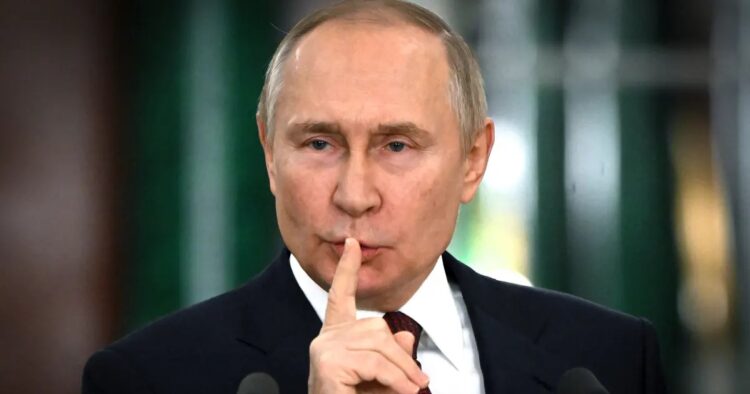Western officials have expressed ongoing concerns regarding Vladimir Putin’s determination to defeat and control Ukraine, marking two years since the invasion began. The conflict has resulted in over half a million casualties, drawing renewed attention to the situation.
Despite setbacks, such as the failure of the US to approve additional military aid totaling $60 billion and recent battlefield victories like the capture of Avdiivka, Putin appears optimistic. The Russian president’s confidence has been bolstered by these developments, leading him to continue pursuing his aggressive goals in Ukraine.
Experts suggest that Russia maintains a significant advantage in terms of firepower, with estimates indicating a five-to-one ratio in favor of Russia across the frontlines. The battle for Avdiivka, for instance, saw intense fighting with high casualty rates on both sides, underscoring the brutality of the conflict.
Despite the lack of a clear long-term strategy, Putin seems intent on persisting with the hope that Russian military superiority will eventually tip the scales in their favor. However, Western officials remain skeptical of Russia’s objectives beyond sustained combat.
Putin’s strategy may also hinge on external factors, including the potential return of Donald Trump to the White House. Reports suggest that Trump may withhold aid to Ukraine, potentially pressuring the country into negotiations favorable to Russia.
Additionally, there are indications of Russian intelligence services regrouping, although their involvement in recent events, such as the killing of a defector in Spain, remains unconfirmed. Nonetheless, suspicions linger regarding state-directed actions by Russian intelligence agencies.
The conflict, which began in February 2022, has resulted in staggering casualties on both sides, with hundreds of thousands of soldiers wounded or killed. Despite the toll, peace talks have stalled, with neither side showing willingness to compromise on key issues.
Sanctions imposed on Russia have significantly impacted its military complex, causing delays and other challenges in manufacturing. However, the Kremlin has responded by redirecting resources towards a war economy, increasing defense spending and reallocating equipment intended for foreign buyers.
This shift has strained relations with traditional partners, such as India, whose air force reported difficulties in receiving promised arms deliveries from Russia. Western countries have also targeted buyers of Russian arms, exacerbating economic pressures on Moscow.
As the conflict in Ukraine continues, the international community remains vigilant, monitoring developments closely amid concerns of further escalation. Efforts to address the crisis diplomatically have yielded limited results, leaving the region in a precarious state of uncertainty.

















Comments